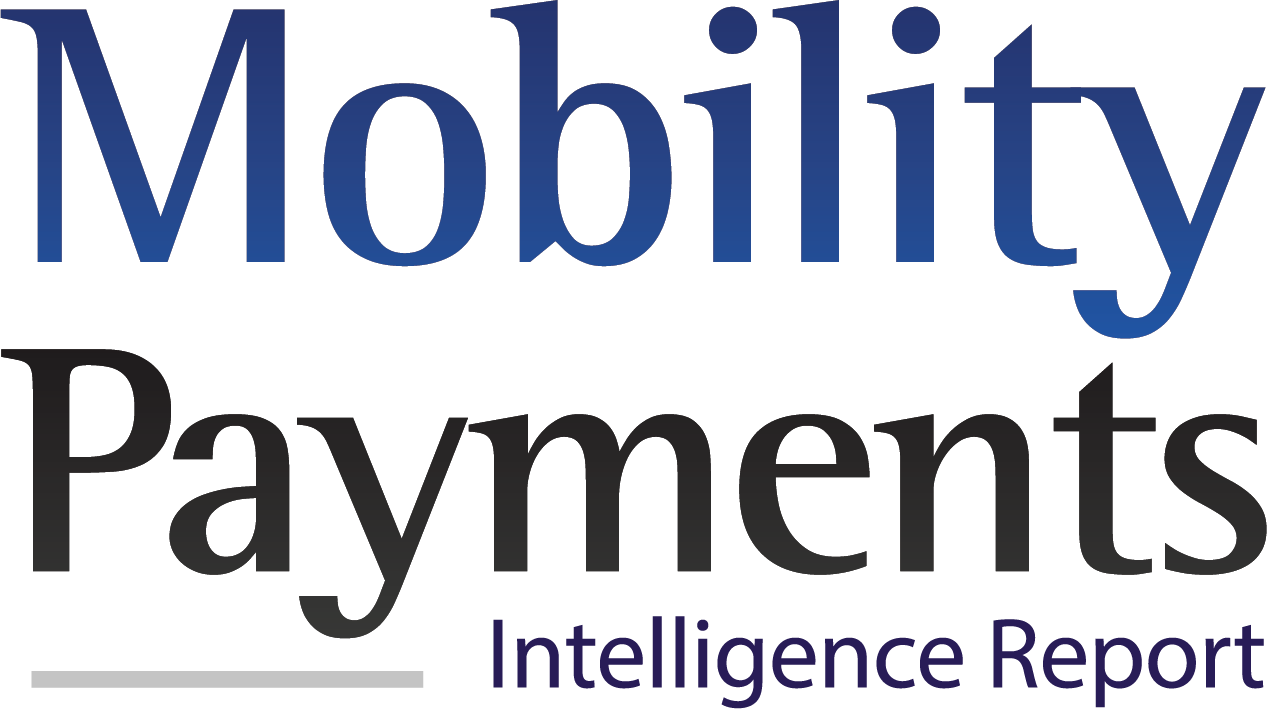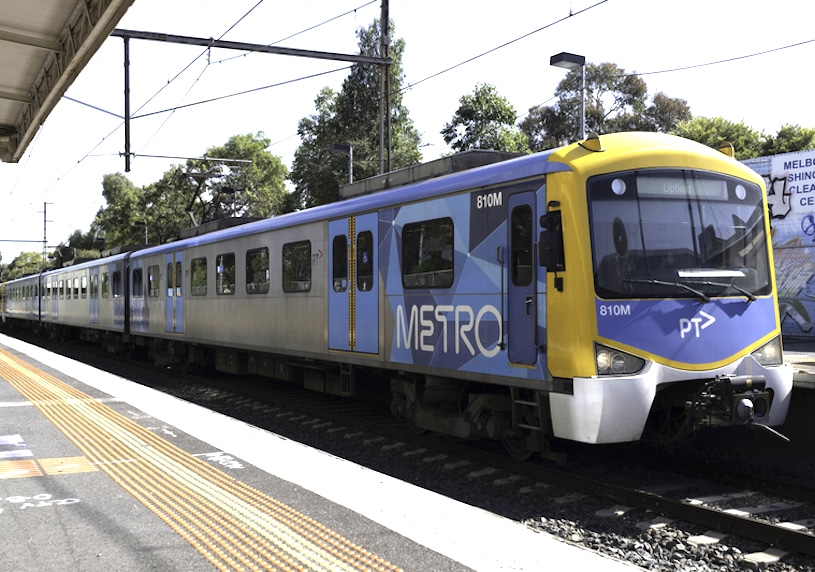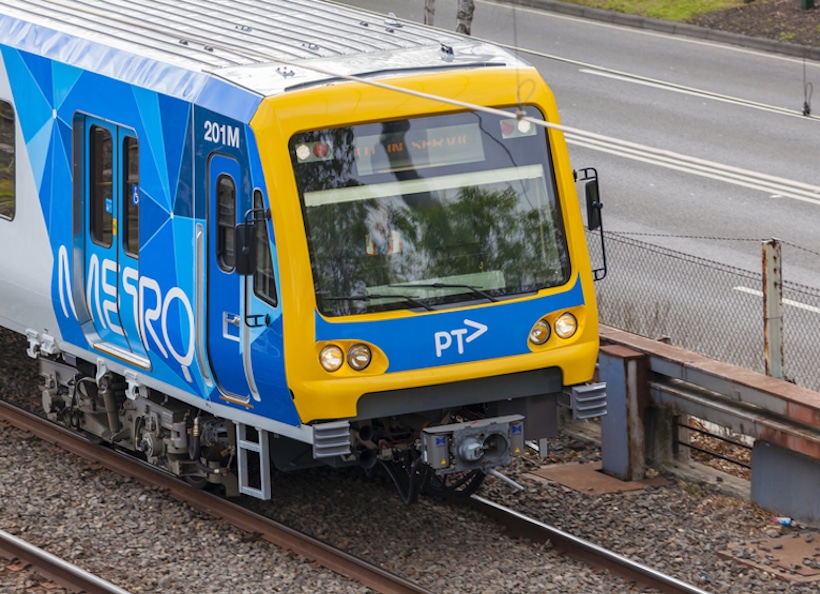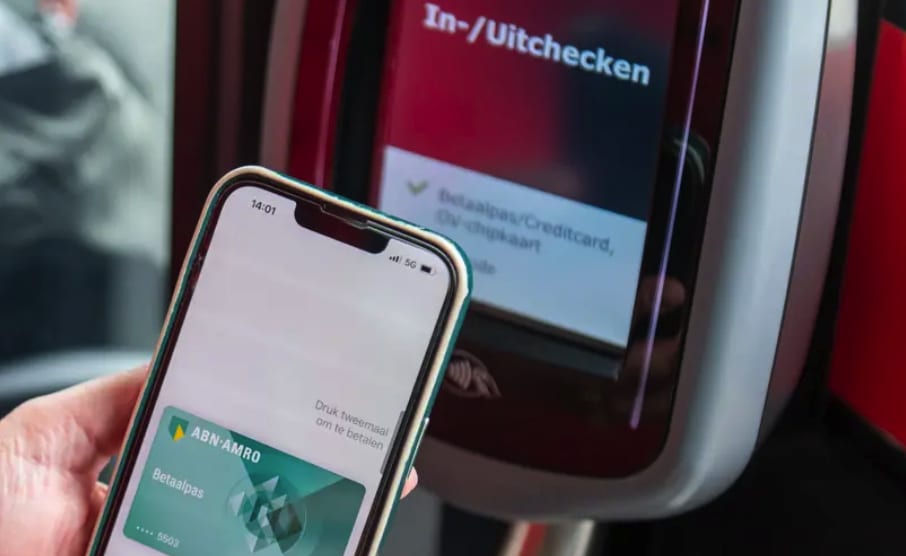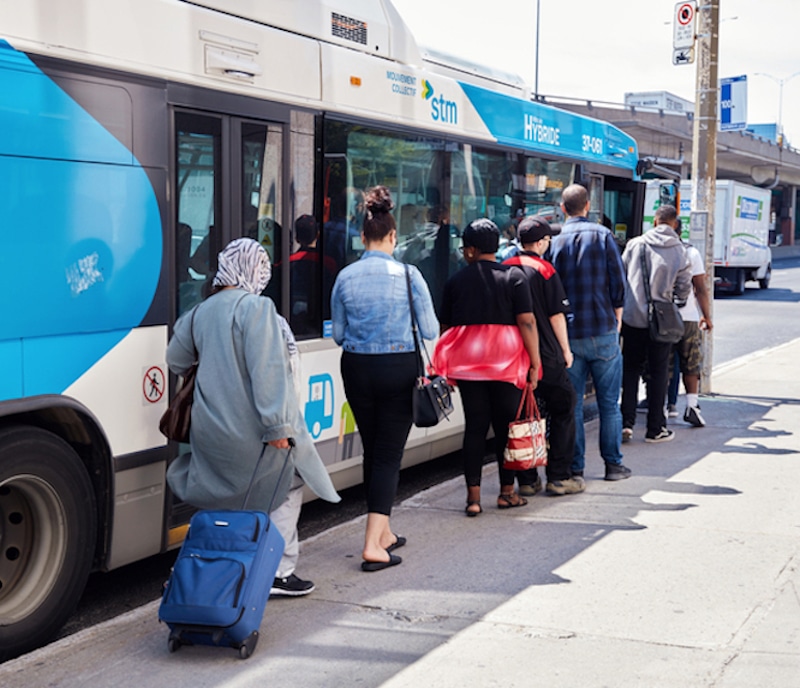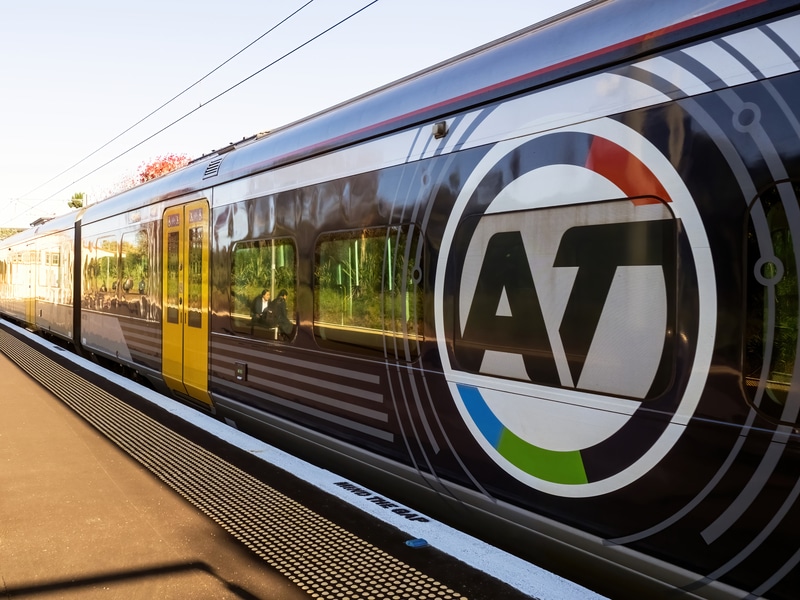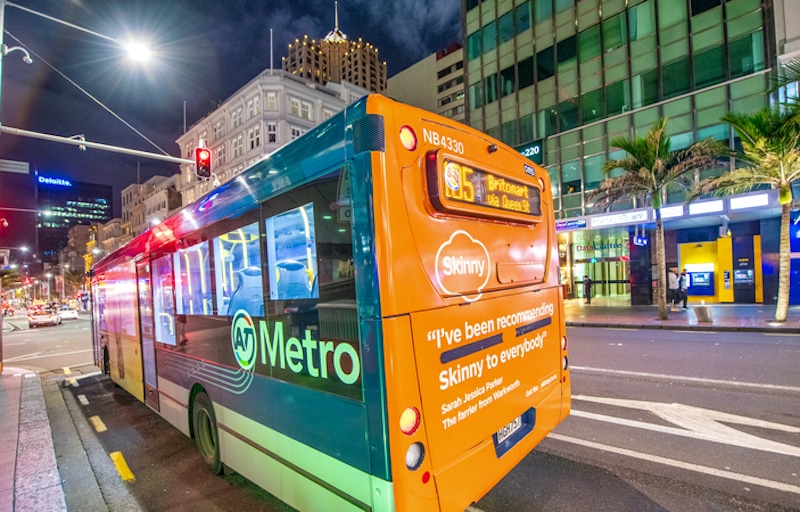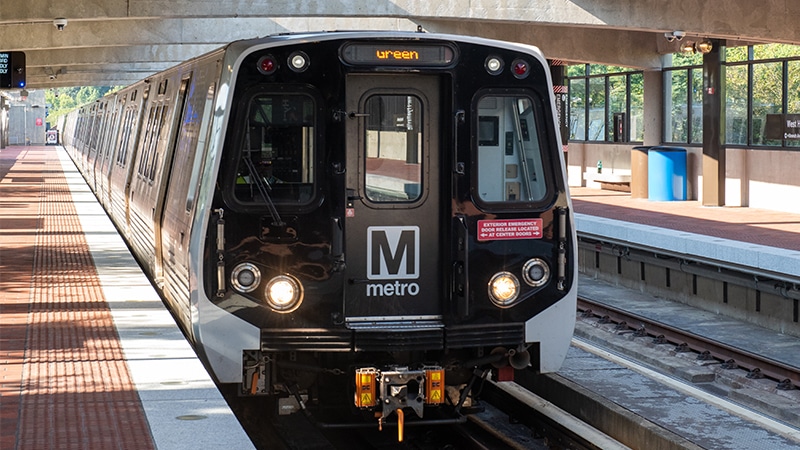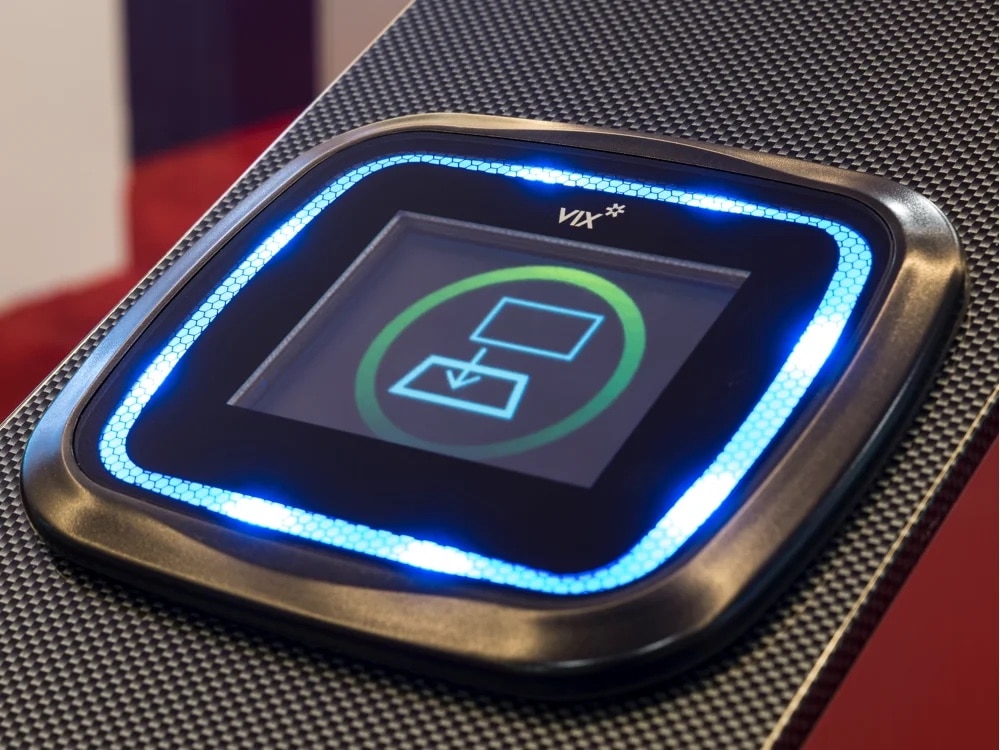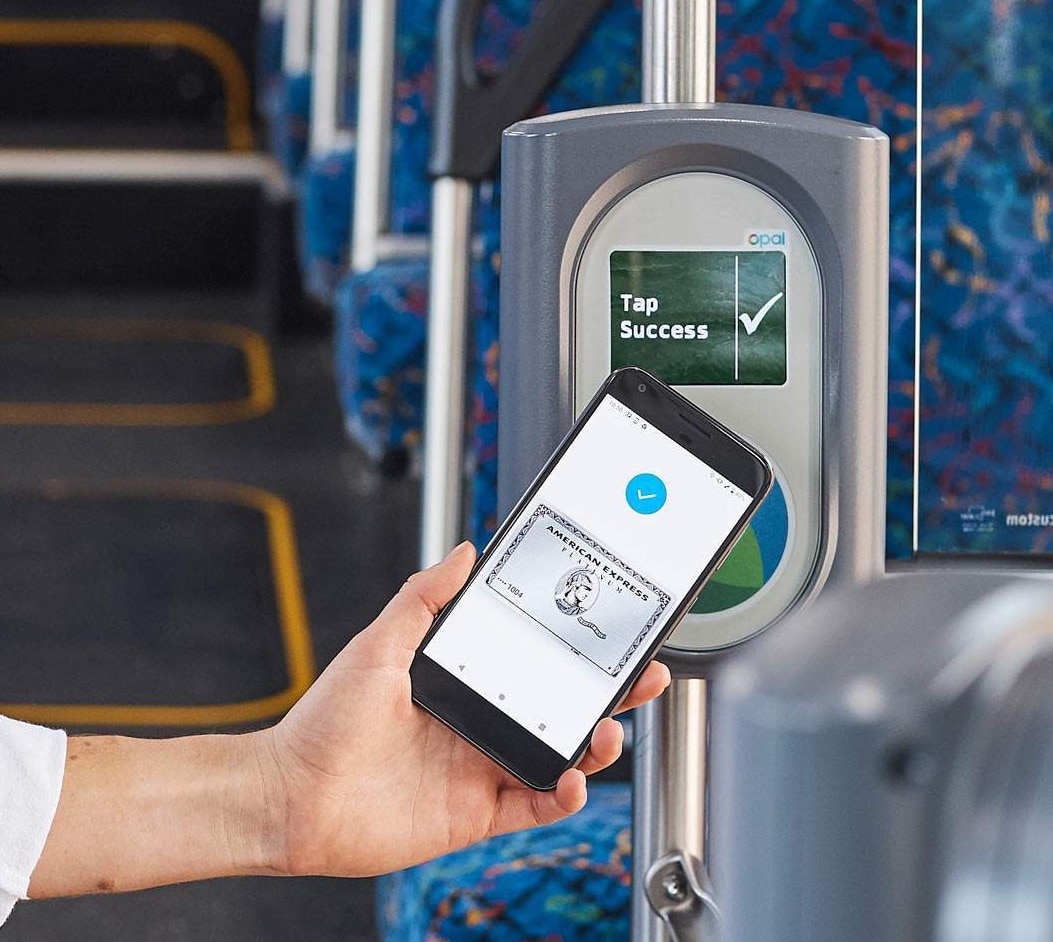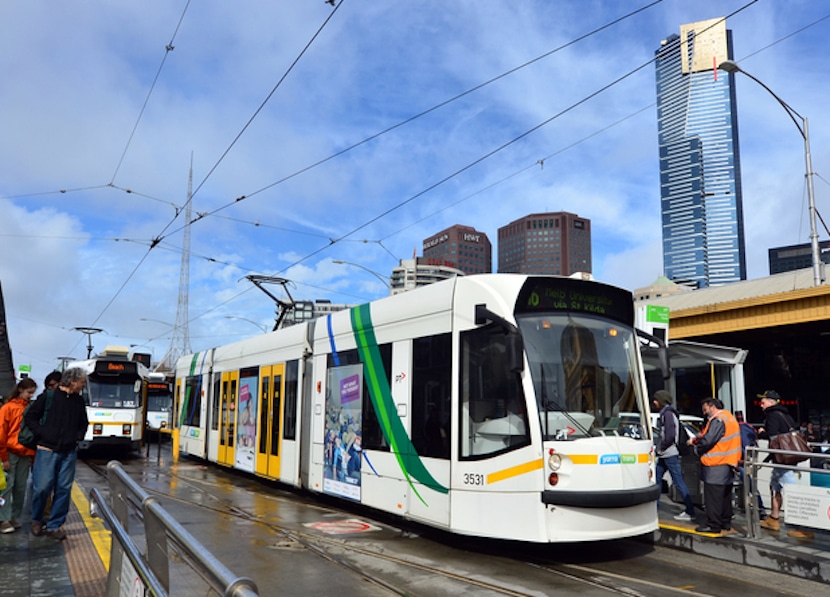
Article Highlights
Australia’s second largest state has hired U.S.-based Conduent to a 15-year, AU$1.7 billion (US$1.1 billion), contract to build and operate an account-based ticketing system that will include open-loop payments, the Victoria state minister for public transport announced Monday in Melbourne.
Conduent saw sales in the transit solutions unit, part of its Transportation division, fall by 13.7% to $226 million last year, down from $262 million in 2021.
Australia’s second largest state has hired U.S.-based Conduent to a 15-year, AU$1.7 billion (US$1.1 billion), contract to build and operate an account-based ticketing system that will include open-loop payments, the Victoria state minister for public transport announced Monday in Melbourne.
